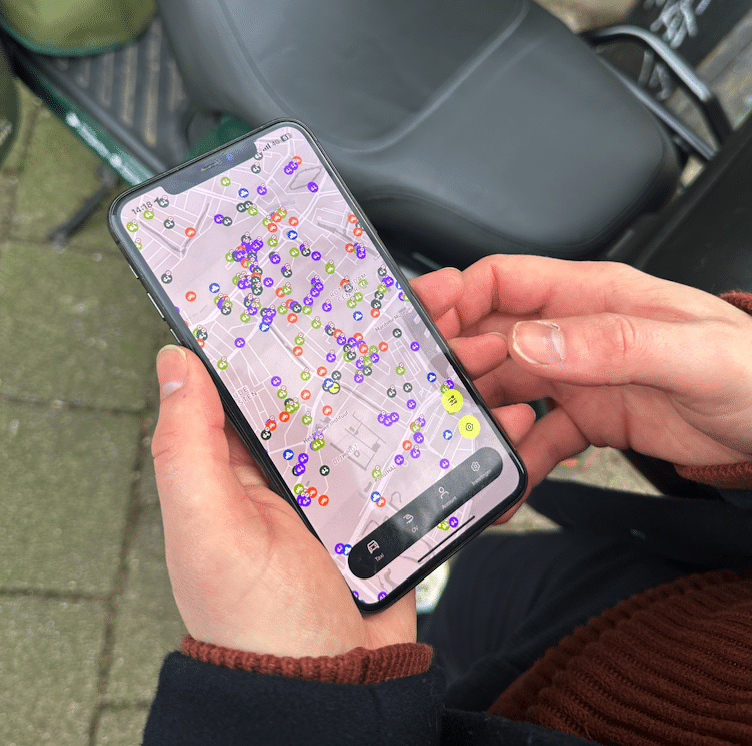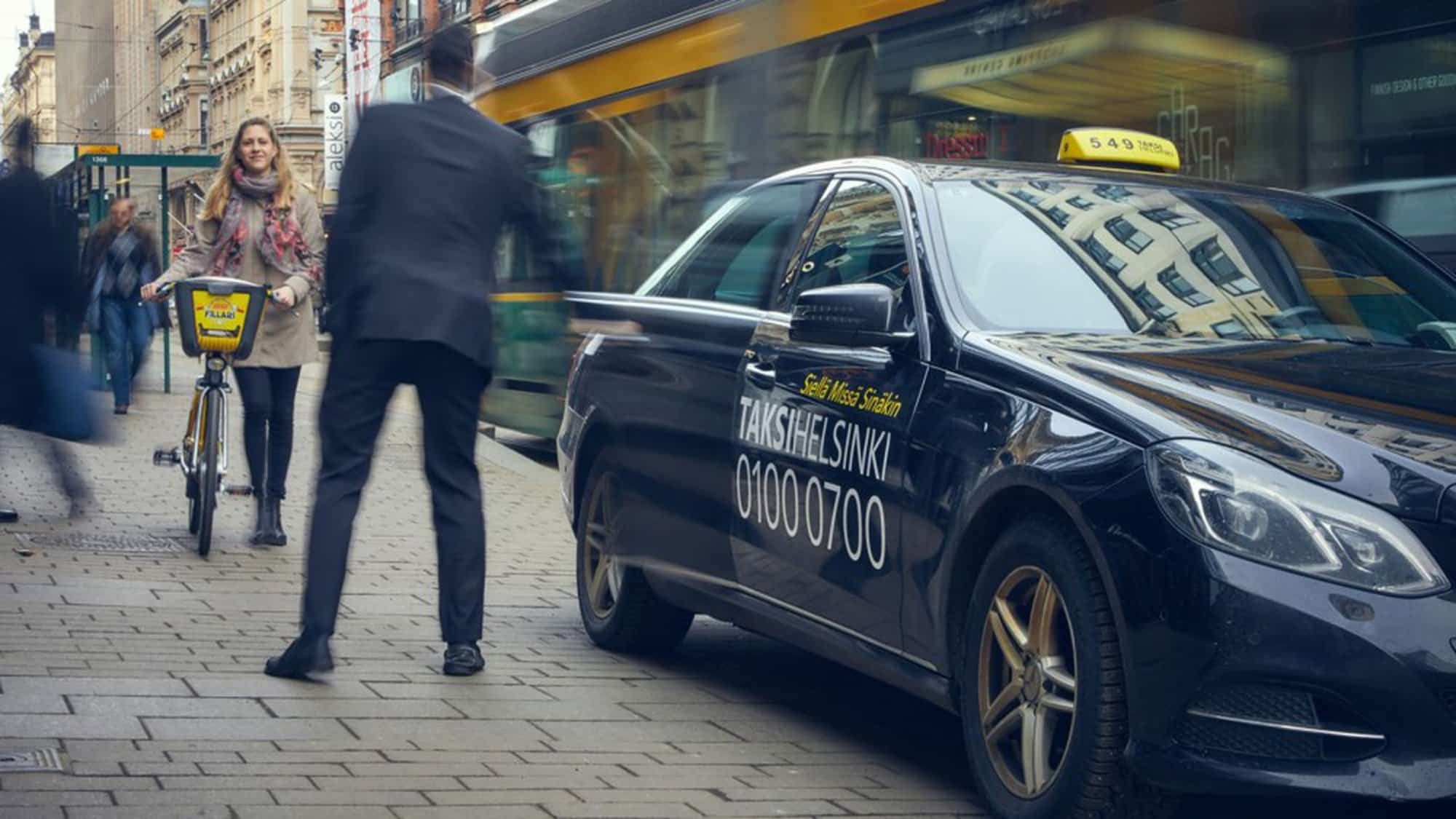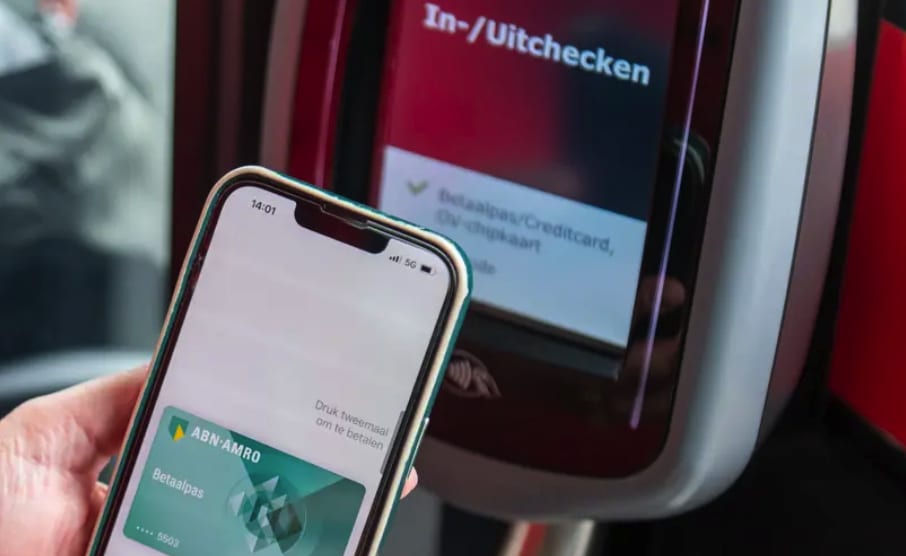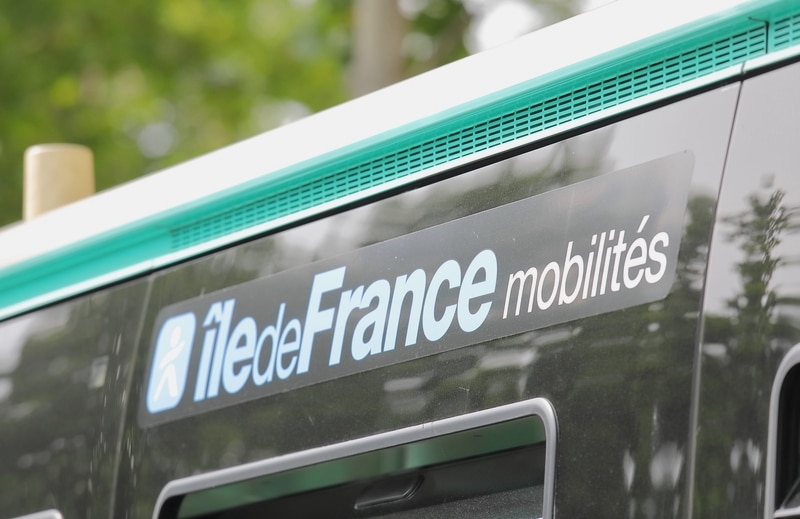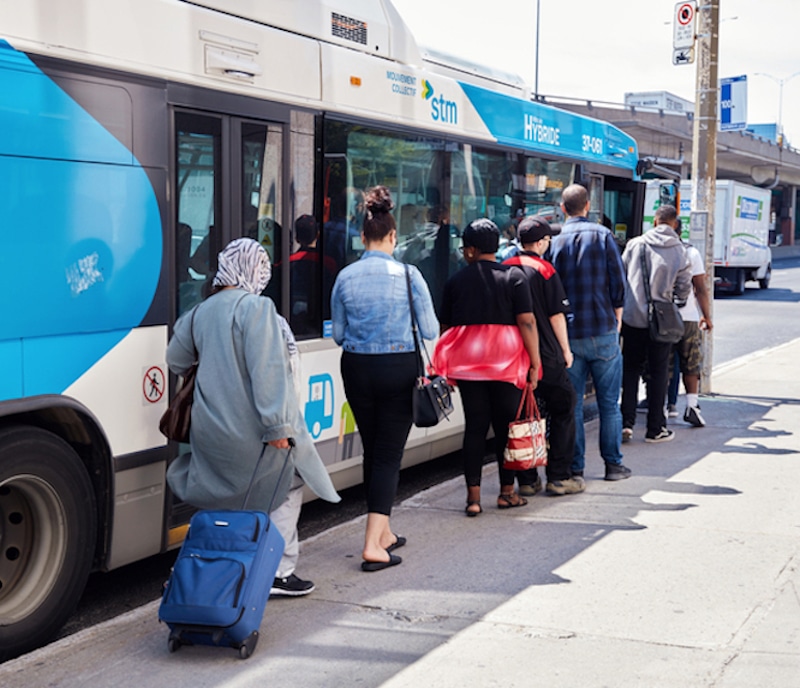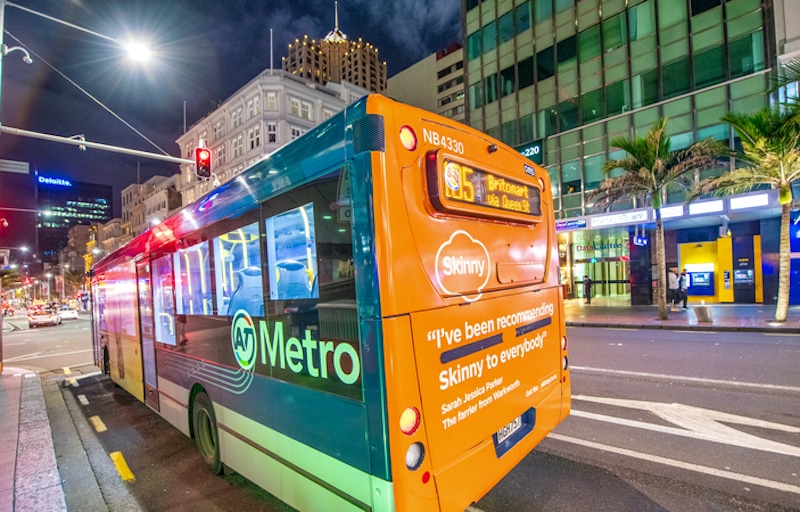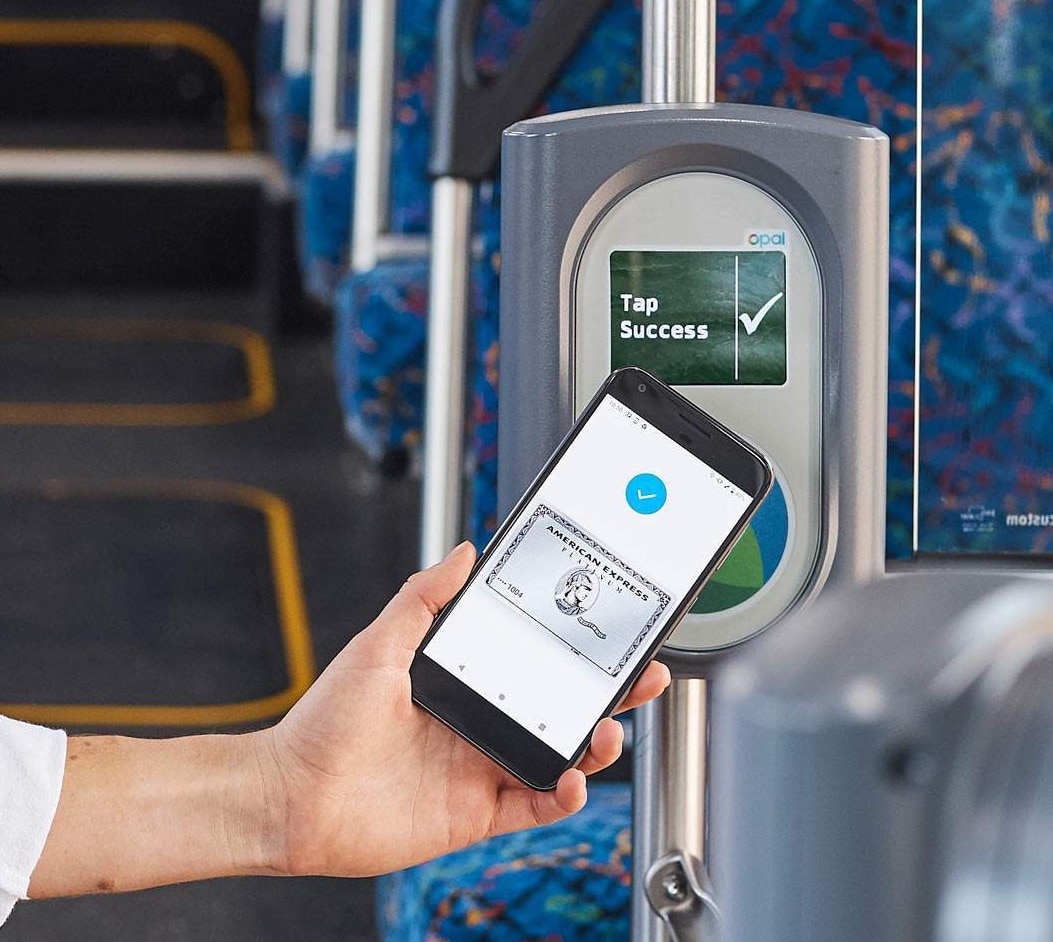
Article Highlights
MaaS Global founder and CEO Sampo Hietanen disclosed this week that the mobility-as-a-service start-up has a licensing deal with a major Italian insurance company to introduce MaaS. The contract with Unipol Group is part of a “pivot” for the cash-strapped mobility-as-a-service start-up to a B2B model.
Chart: MaaS Global financial figures
• MaaS Global
• Unipol
• Mitsui Fudosan
MaaS Global founder and CEO Sampo Hietanen disclosed this week that the mobility-as-a-service start-up has a licensing deal with major Italian insurance company Unipol to introduce MaaS, though could offer few other details about the project.







